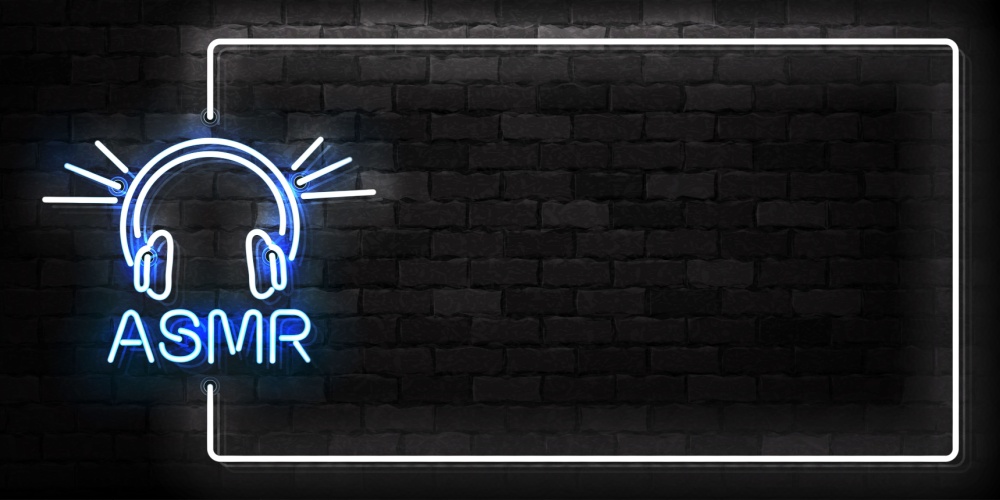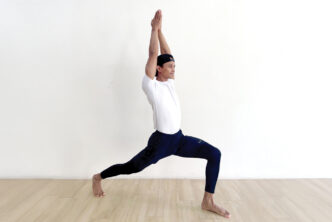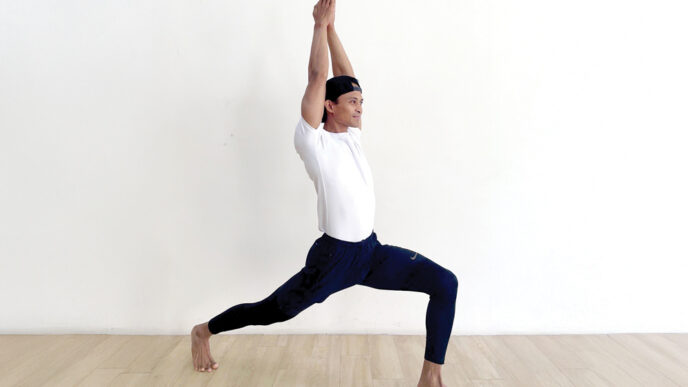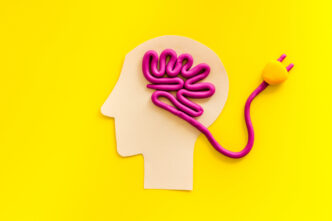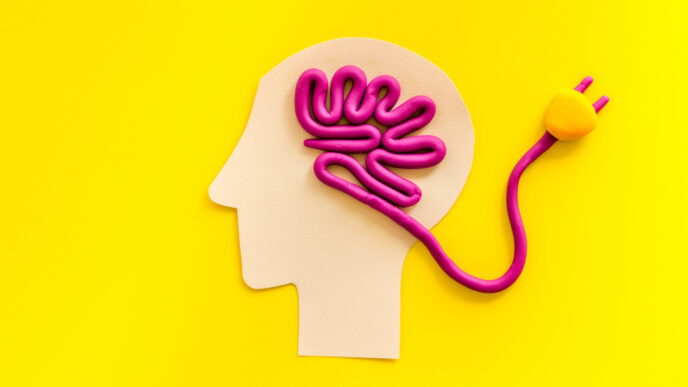ASMR — those oddly soothing whisper videos and tapping sounds — remains wildly popular as a form of auditory relaxation. Is there real science behind the brain tingles, or is it all placebo and good lighting? Aan expert weighs in on the evidence.
WORDS CATHIE WU
 FEATURED EXPERT FEATURED EXPERTCATHIE WU MA Coun Psy (CAN, USA) Counselling Psychologist and Director ABRI Integrated Mental Health |
ASMR EXPLAINED
- ASMR stands for autonomous sensory meridian response.
- This phrase is not an official scientific term but has come to be popularly used to describe pleasant ‘tingly’ sensorial experiences that are evoked by certain sounds, touch, or visual stimuli.
- Some individuals have reported that watching or listening to ASMR videos or audios can help them with relaxation and sleep.
- Common examples of ASMR videos are those that show people doing simple tasks such as whispering, scratching, tapping, crinkling paper, stirring a bowl of soup, mixing paint, and other similar activities.
DOES IT WORK, THOUGH?
- Some preliminary research has been done to investigate the use of ASMR to improve insomnia.
- Some studies also explore why ASMR is triggered more readily in some people, but not others.
- What we know so far is that there is no harm in trying ASMR, but it may not work for everyone.
HOW DOES ASMR WORK?
- There’s no miracle or magic in ASMR.
- It is simply a sensation that can be used by some people to induce a feeling of wellbeing, relaxation, and calm.
- One can potentially explore ASMR by trying various auditory, visual, or tactile stimuli that are reported to induce those sensations.
- However, keep in mind that individual experiences will vary, and the relaxation benefits may not be induced in everyone.
| If you are looking for information on insomnia, check out this article with consultant clinical psychologist Dr Serena In. |
| This article is part of our series on mental wellness. |


